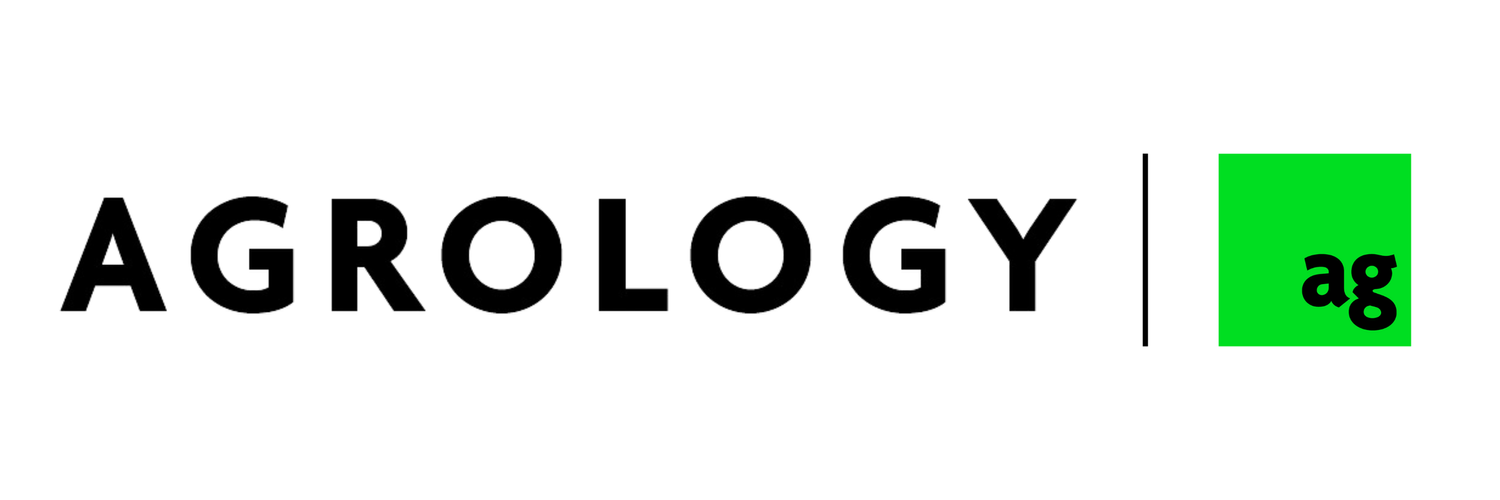Setting New Standards for In-Field Measurement Accuracy: Cross-Validated Emissions Data Enables Informed Decision Making for Farmers, CPG brands, and Stakeholders
By Kevin Kelly, Co-Founder & Head of Software, Agrology
At Agrology, we are advancing the frontier of environmental science with a focus on refining novel, low-cost approaches for gas flux measurement, an endeavor that is critical for effective Measurement, Reporting, and Verification (MRV) in agriculture. Our efforts are geared towards enhancing the accuracy of quantifying soil carbon and greenhouse gas (GHG) emissions.
We utilize the power of cross-validation to ensure our systems perform reliably across various conditions. This statistical technique is essential for validating the effectiveness of our machine learning approach and involves partitioning data to train and test models. This ensures our system can accurately measure CO2 and N2O levels in diverse agricultural ecosystems.
In agricultural measurements, training for diversity is key. Every farm, and even every field within a farm, possesses a unique context that demands a tailored approach. What works well in one field will yield different results next door. The wide diversity of contexts cannot be addressed effectively through a one-size-fits-all measurement (like remote sensing).
With the emergence of real-time carbon flux monitoring and precise soil carbon measurement, there is now an opportunity to measure carbon impact directly, rather than relying on estimates and models (read more about that in this blog post).
Collaboration is a cornerstone of our approach, exemplified by our partnership with Dr. Michael Schuppenhauer, a renowned expert in the field of greenhouse gas measurement and an affiliate at Lawrence Berkeley National Laboratory. This collaboration, highlighted in this recent webinar, enriches our data with a broad spectrum of environmental conditions and facilitates a comprehensive external validation process. Dr. Michael is one of a handful of experts and academics we are working with. Through such collaborations we seek to both improve the scientific foundation of our models and set new standards for in-field measurement accuracy.
The significance of our work transcends theoretical research, marking a pivotal step towards democratizing advanced measurement tools. The integration of low-cost, continuous sensors for CO2 and N2O into our MRV platform promises to fundamentally change the accessibility and effectiveness of emissions measurement, empowering farmers to adopt and validate climate-smart practices within their own fields, without spending hundreds of thousands of dollars. This technological leap, enabled by our meticulously cross-validated machine learning approach, positions the Agrology Arbiter as a transformative tool for real-time, accurate measurement and monitoring of soil health, soil carbon, and GHG emissions.
Our initial findings, benchmarked against ultra-precise Picarro G2508 gas analyzer instrumentation in field and lab tests, illustrate the promising potential of our approach. These comparisons not only validate our system but also chart a course for further enhancements in measurement accuracy. It's a testament to the potential of integrating AI with environmental science and underscores our commitment to leveraging technology for sustainable agricultural practices and a healthier planet.
Figures 1-2:
Cross-validation results between Agrology's and Picarro's N2O measurements over time.
Picarro produces industry standard, lab-grade scientific instrumentation.
Figures 3-4:
Cross-validation results between Agrology's and Picarro's CO2 measurements over time.
Our initial CO2 findings, benchmarked against ultra-precise Picarro G2508 gas analyzer
As we continue to refine our products and expand our capabilities, we're not just contributing to the scientific community; we're providing farmers, CPG brands, and stakeholders with the tools needed for informed decision-making in the fight to build healthier soils and to fight against a changing and challenging climate. By prioritizing the cross-validation of our machine learning approach, Agrology is at the forefront of driving innovation in MRV technology. This embodies our mission to harness data that helps growers with environmental stewardship and the advancement of climate-smart agriculture.




